I found a parking lot and no trespassing signs on the 8-foot-tall chain link fence. Their home was gone. I clutched the wire, pressed my face against it, and hung there like a forlorn child. A piece of my parents I wanted to touch was out of reach. Actually, nonexistent.

I wasn’t totally surprised the house wasn’t there anymore. The miracle of Google Maps had prepared me. At my home near Memphis earlier, I’d searched for my parents’ old address on Margaret Street in the Atlanta suburb of Hapeville. Google showed me a photo of another address, as if the house I’d asked for no longer existed.
I spotted fencing in the photo, but I wanted to see for myself, and a trip to Atlanta to see my brother-in-law’s new home afforded me the opportunity. After several weeks, I realized the visit would coincide with what would have been my parents’ 59th wedding anniversary. I dug into my parents’ love letters again. I used the addresses to guide my search for their homes.
I visited the Owens Illinois glass plant where Mom had worked when she met Dad, who was in the Air Force. I also visited her street, and that house wasn’t there, either. And then I went to Margaret Street. A skyscraper stood surrounded by empty parking spaces behind the fence.

The physical reality was undeniable. What I believed to be my parents’ first home together was gone. Like them, lost to me.
Of course things had changed. It had been almost 60 years, but I had not realized the span at first. In a lifetime, neighborhoods change. They age. Developers erect office buildings. Cities plow interstates through quiet boroughs.
In the years since my parents died, I’ve become fascinated with our preoccupation with place, and my preoccupation in particular. We step into a space and we feel as if we’ve stepped into a moment. It’s our closest thing to time travel.
It doesn’t have to be our moment, though it often is. It may be someone else’s moment, at a historic place like a Civil War battlefield, or the home of a famous person from long ago.
Or we may stand in the spot daddy died, as if we could capture a moment in our hands and change it.
I thought by going to my parents’ places – their historic spaces – that I would feel them near me. I thought I’d understand them better, learn something I didn’t know. In a way, I thought I’d hear them tell a story I’d missed when they were alive, or a story I’d forgotten.

As I drove around their old neighborhood, I felt them beside me as I’d hoped, and then I felt grief as I discovered their house was gone. And then, faced with keep-out signs, I felt a sort of parallel universe unfold before my eyes.
On the enclosed side of the fence, I saw a young couple enveloped in each other’s presence, enthralled with new love. They looked familiar, but they weren’t the same parents I’d known. Their story had been written, as an ending had been, too.

On the other side of the fence, I envisioned my husband standing with me in the rays of a beautiful sun. Our story still seems to be in its infancy after eight years of marriage. I felt alive with the possibilities. And everything felt as though it was as it should be. It was a rare moment of acceptance, the supposed final stage of grief.
I want to hold onto this moment, this kind of existence. It isn’t letting go and it isn’t holding on. It’s something beautiful in between that feels like the right place to be.
What place do you go to in order to feel closer to a person or time?
Copyright © 2017 by Toni Lepeska. All rights reserved. www.tonilepeska.com


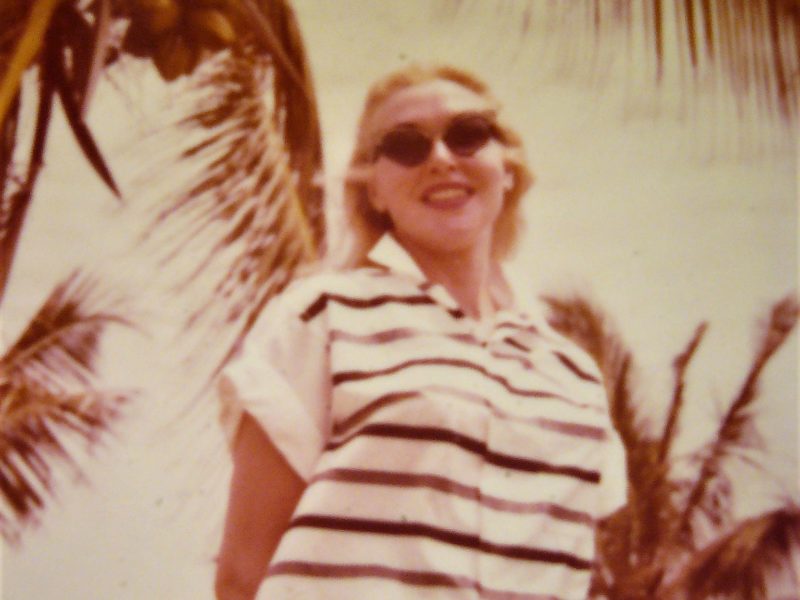
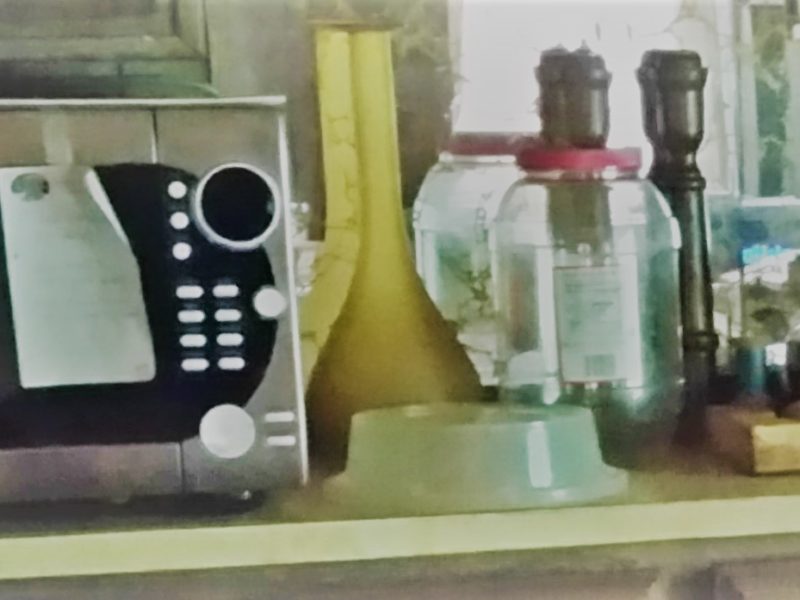
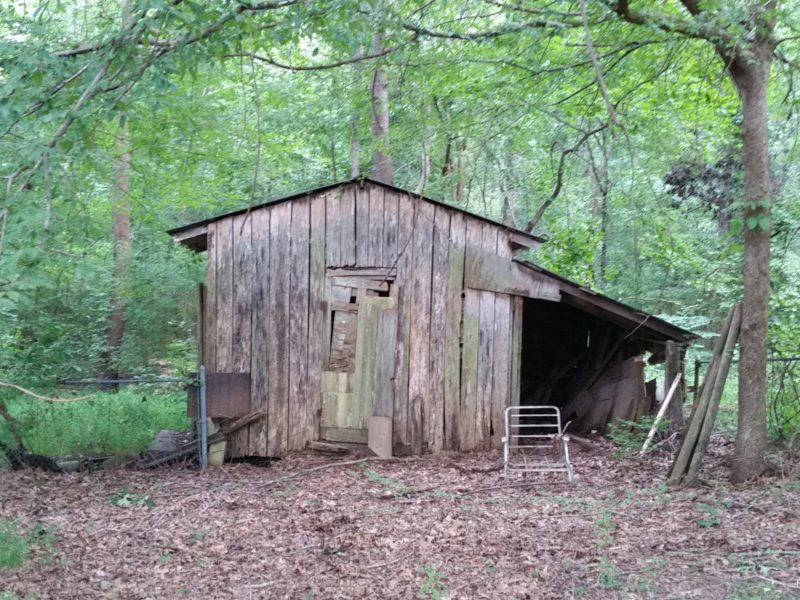
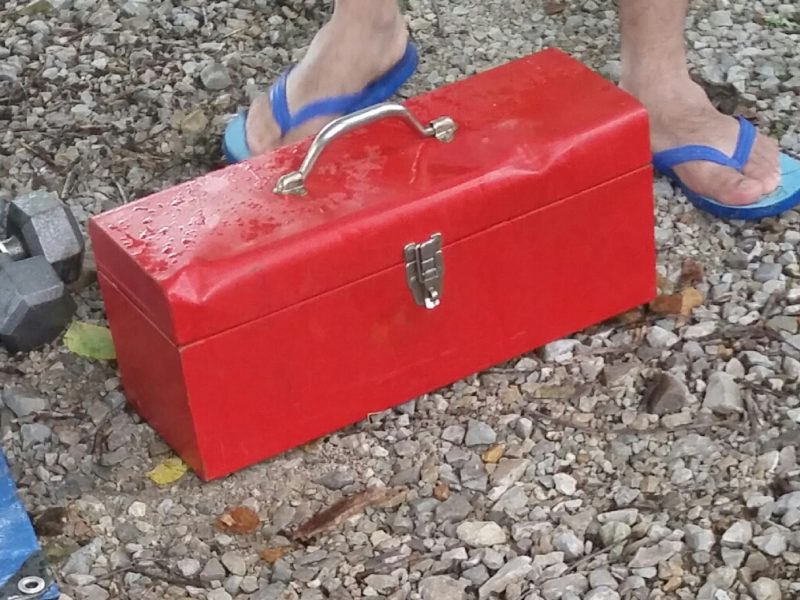
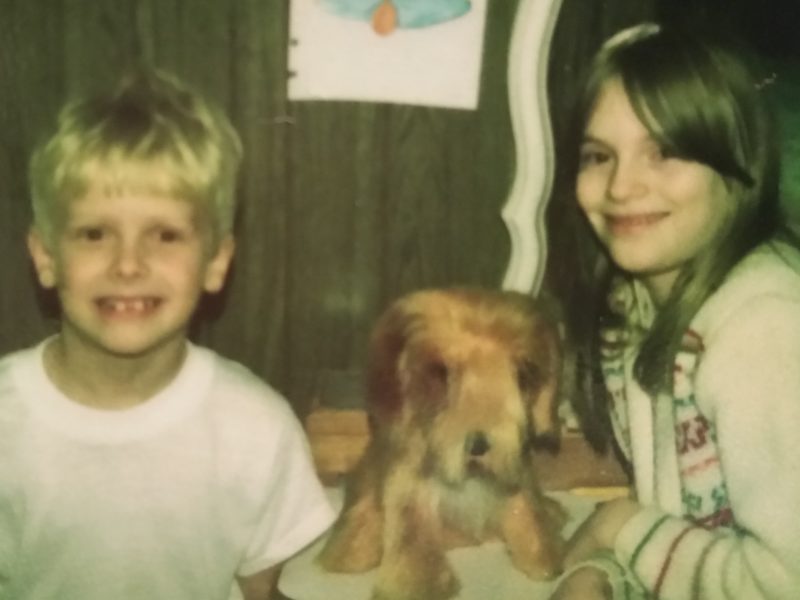
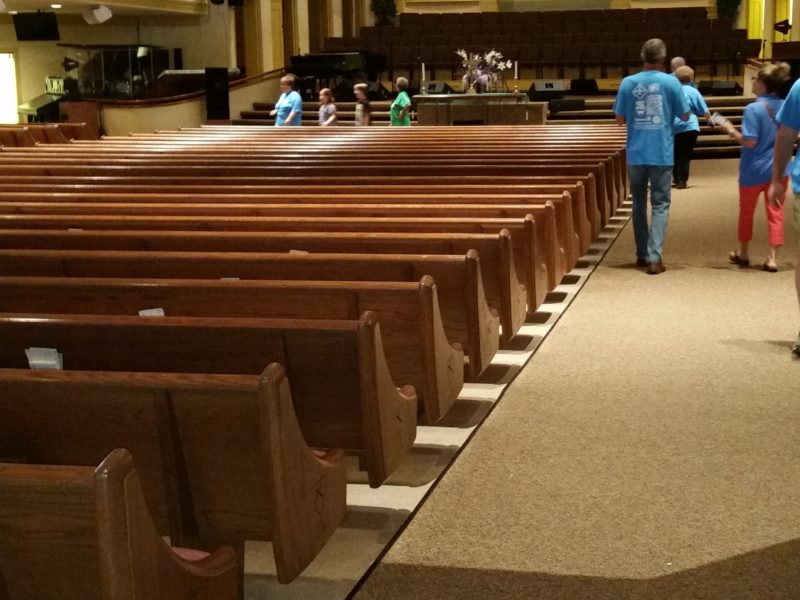
Leave a Reply